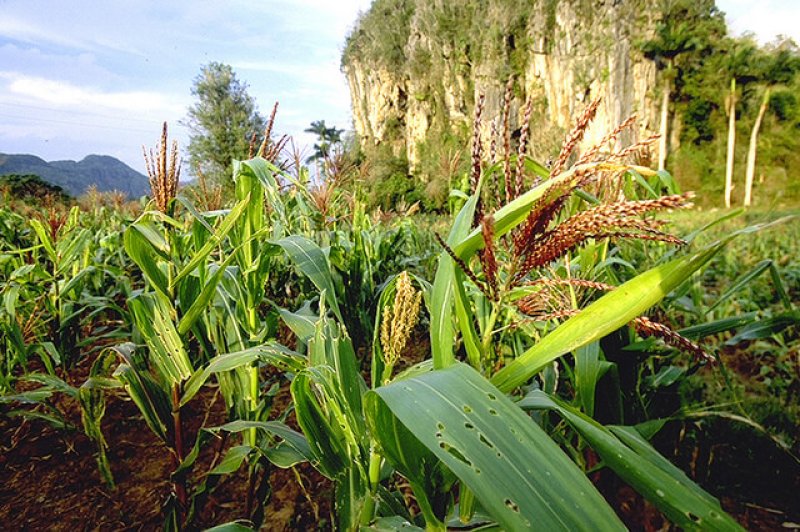Between 2014 and 2018, Cuba imported 700,000 tons of corn per year, more than 1,500 million dollars in imported food, “an expense that our country cannot afford,” said Mario Pablo Estrada, director of agricultural research at the Center for Genetic Engineering and Biotechnology (CIGB), which developed the Cuban [corn seed] hybrids.
…
A hybrid seed (or F1) is the result of the cross pollination of two varieties either naturally or artificially (that is, by human action). “This seed is ours, it is a seed generated by Cuban science,” emphasized Estrada.
The crop variety is resistant to corn moth, and the herbicide most often used to control weeds.
Critics have raised concerns about the environmental and human health risks. But Eulogio Pimentel, Vice President of BioCubaFarma, stressed that the products obtained from genetically modified organisms (GMOs) undergo studies to demonstrate their nutritional value and that ‘they are neither toxic nor eco-toxic.’
The scientist added that there are several factors that lead Cuba to bet on the use of transgenics, including climate change, which is estimated to cause a 50 percent reduction in yields.































